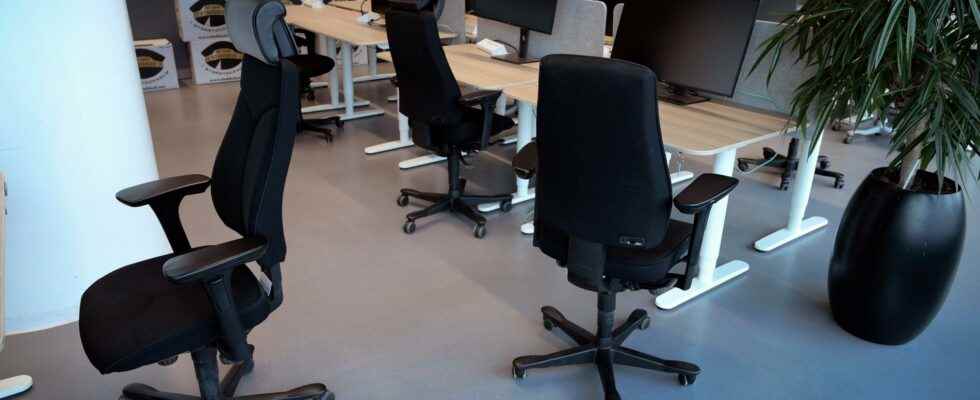Published: Less than 10 min ago
Wages have not kept up and demand is high from both other authorities and the private sector. Now the Armed Forces are losing civilian personnel with important skills.
– It is a bigger and bigger problem, says Martin Sparr, a member of the Confederation of the Armed Forces, about civilian personnel leaving the Armed Forces for other employers.
It is mainly in IT that you lose people, he says. System developers, system administrators and cyber security experts are desirable on the job market.
– On the one hand, there is internal competition within the state, as in Örebro where we had a big loss to the Swedish Transport Agency. For example, aviation technicians in Linköping have switched to Saab or private aviation.
Lagging behind
Above all, it is the salaries that make it difficult for the Armed Forces to compete and retain personnel with skills that are attractive on the labor market.
– The Armed Forces have fallen behind there. Work is now underway where all organizational units set their salary targets. And money is missing.
– There are high hopes that the Armed Forces will add money. If you start from ÖB’s agenda, which did not only apply to wages – but wages were included from a retention perspective, then we have to do something.
The members Martin Sparr spoke to have raised their salary by between SEK 3,000 and 10,000 to do basically the same job at another authority. Those who have gone to private companies have gone up even more – some by as much as 20,000.
The lower salaries make it more difficult to recruit and this in turn leads to those who remain in the organization having to work harder
– Historically, we have had low sickness rates, but we see a tendency towards an increase in long-term sick leave and psychosocial symptoms of the exhaustion type.
Few seats
The armed forces must grow not only with more officers but also with civilian employees, and that is not simple, says Martin Sparr.
– We have huge problems with the infrastructure. We have too few places at the moment so in some places we cannot recruit even though we have lines for it – because there is no place to sit.
NATO entry will probably bring additional workload, he believes.
– The duties will not decrease and it also affects the civilians who have to pull a heavier load. There is some concern for the future. And quite a big concern for us on the trade union side.
Finding ways other than salary to compete with other employers is not easy. Extra vacation days and training during working hours are things that the private sector also offers.
– The big IT companies are quite good at finding things for their employees because they have such competition between the companies. So even things that were a bit unique for the Armed Forces disappear.
Facts
The Defense Confederation
Of the Armed Forces’ 24,000 permanent employees, around 8,900 have a civilian position.
The Defense Confederation is a trade union for people who work in the defense or in related activities.
The association was founded in 1919 and is politically independent.
Today, the Defense Association has roughly 4,000 members divided into 20 associations around the country.
The members work at the Fortifications Agency, the Defense Materiel Works, the Defense Radio Institute, the Swedish Defense Academy, the Swedish Armed Forces, the Duty and Examinations Agency and the Norwegian Defense History Museums.
Source: The Swedish Defense Confederation and the Swedish Armed Forces
Read more
